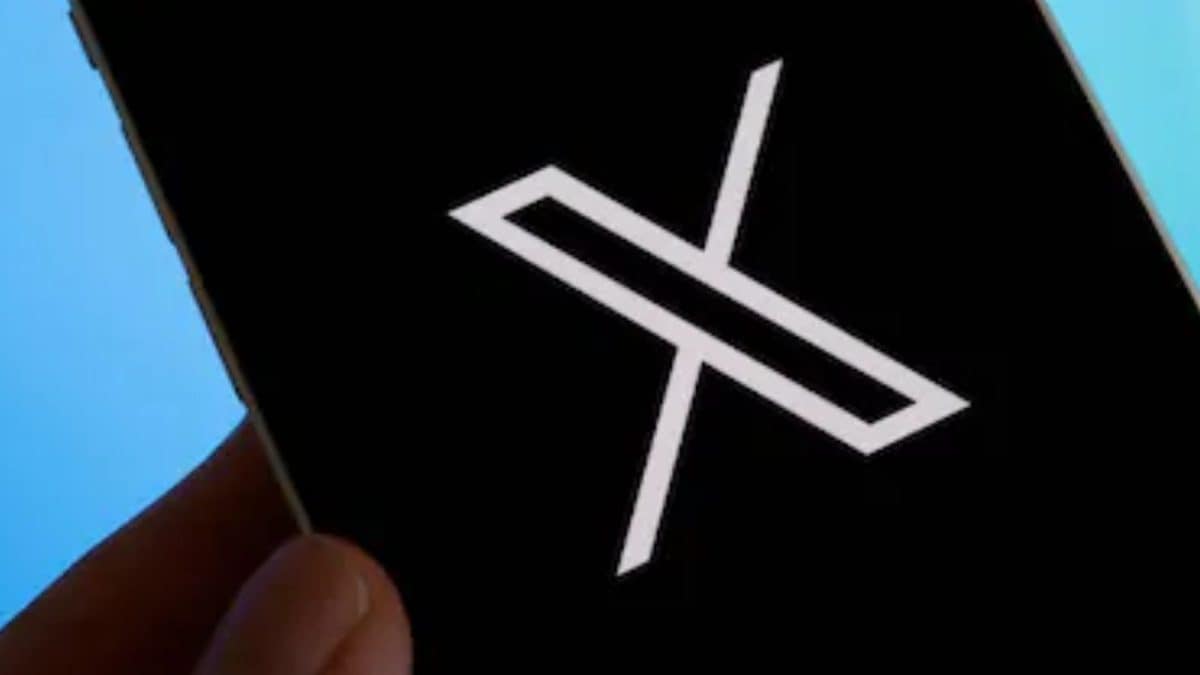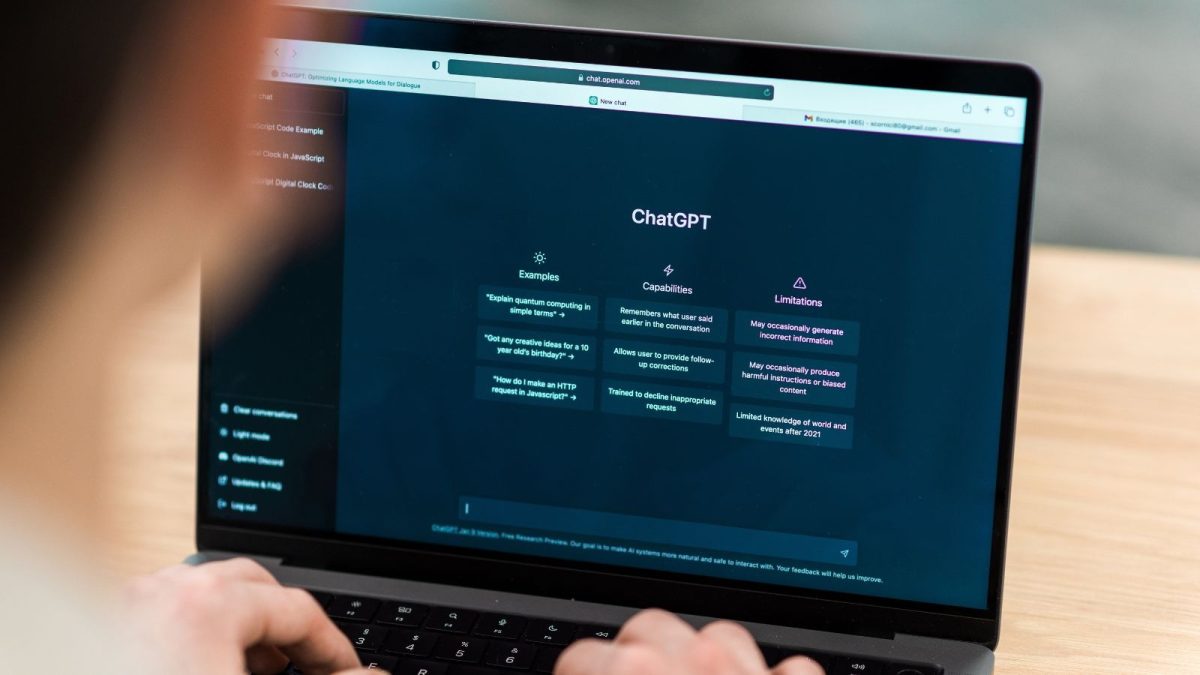Last Updated:
Elon Musk is planning to create a seamless mobile satellite network which will work like regular cell phone service providers even in remote areas.

n this AI-generated representative image, a hiker on a mountain calls a friend at a downtown cafe using a technology that enables smooth calling across city streets and remote landscapes. (IMAGE: IMAGEN 4/News18)
Elon Musk-owned SpaceX has struck a $17 billion deal to acquire a set of airwave licenses from EchoStar. The move is part of a plan to create a mobile network that offers all the features of regular cell phone service, while extending coverage to remote areas. The company believes this will be especially useful for people who enjoy trekking in the mountains or camping, where cell phone networks are often patchy.
This deal makes SpaceX the first company to have control over satellite constellations, launch infrastructure, and direct-to-mobile device connections. SpaceX is modifying phone chipsets to connect directly to Starlink satellites, bypassing traditional cell towers. According to a report by Bloomberg, the move has already impacted telecom giants like AT&T, T-Mobile, and Verizon.
The stocks of these US telecom leaders dipped following the $17 billion purchase of spectrum from EchoStar, which forms the foundation of this plan. The deal also includes 50 MHz of S-band spectrum in the US along with global licenses, giving Starlink both the bandwidth and regulatory approval needed to expand services directly to mobile devices.
If successful, it could deliver high-speed internet anywhere, enabling streaming, video calls, AR, VR and cloud gaming, while forcing telecom providers to rethink pricing and infrastructure.
SpaceX, which already operates the world’s largest satellite network, plans to use the new licenses to expand its direct-to-cell constellation and offer more feature-rich broadband service.
The acquisition also further widens the gap between the company and its rivals in the race for global coverage. With these licenses, Starlink will grow its direct-to-cell constellation to 600 satellites, enabling better service in areas currently without any mobile connectivity.

Shankhyaneel Sarkar is a senior subeditor at News18. He covers international affairs, where he focuses on breaking news to in-depth analyses. He has over five years of experience during which he has covered sev…Read More
Shankhyaneel Sarkar is a senior subeditor at News18. He covers international affairs, where he focuses on breaking news to in-depth analyses. He has over five years of experience during which he has covered sev… Read More
San Francisco, California, USA
September 20, 2025, 11:03 IST
Read More







